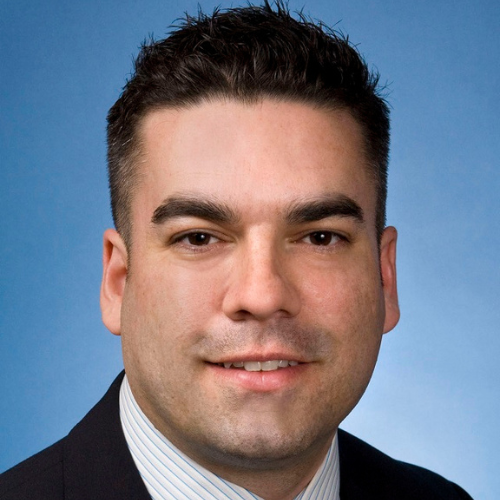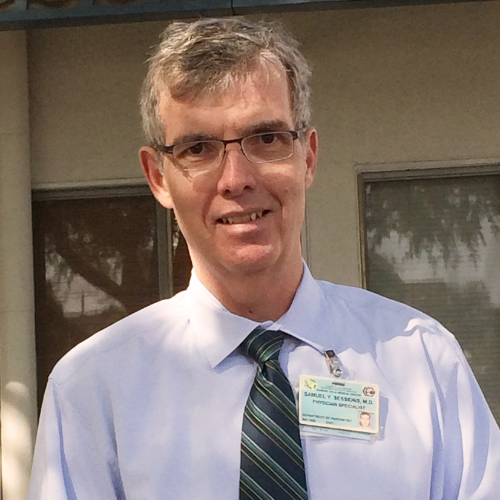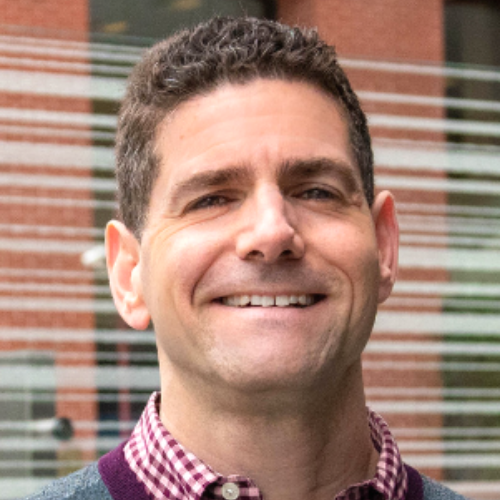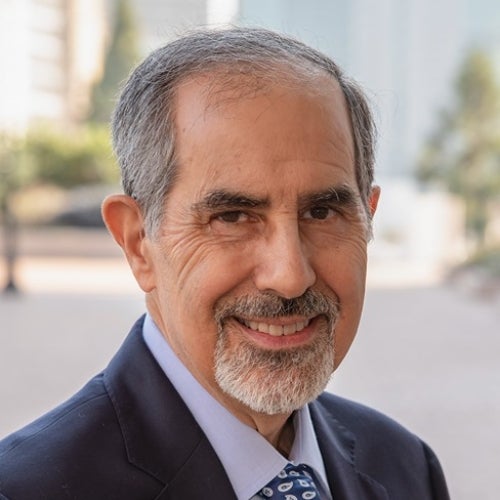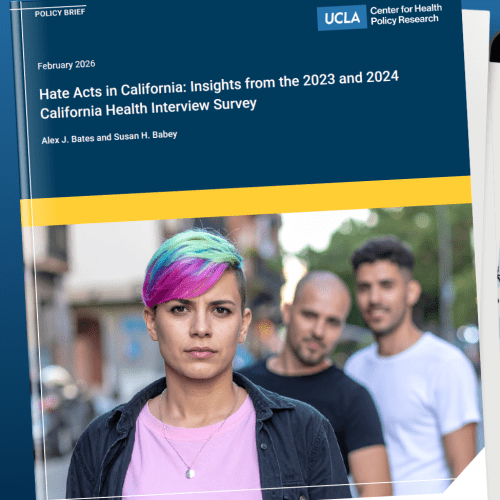U.S. News & World Report: Good Relationships Are Good for Our Health
Capitol Hill's miserable work environment holds a lesson for our own health and well-being.
As Congress and the administration barely recover from the government shutdown and move to address challenging policy issues in a short-term funding extension, the importance of re-establishing strong, across-the-aisle relationships, which have historically allowed government to function, is clear. Bad relationships on Capitol Hill not only paralyze sound policymaking, they're also creating a truly unhappy environment: Witness the number of lawmakers retiring or refusing to run when their terms end this fall.
Sen. Joe Manchin – the West Virginia Democrat who has good relationships with the opposition – recently summed up his feelings about Congress: "This place sucks." The bad relations that now characterize administration and Congressional discourse may hold a lesson for our own health and well-being.
Faculty Referenced by this Article

Dr. Ron Andersen is the Wasserman Professor Emeritus in the UCLA Departments of Health Policy and Management.

Dr. Michelle S. Keller is a health services researcher whose research focuses on the use and prescribing of high-risk medications.
Nationally recognized health services researcher and sociomedical scientist with 25+ years' experience in effectiveness and implementation research.

EMPH Academic Program Director with expertise in healthcare marketing, finance, and reproductive health policy, teaching in the EMPH, MPH, MHA program

Professor of Community Health Sciences & Health Policy and Management, and Associate Dean for Research











